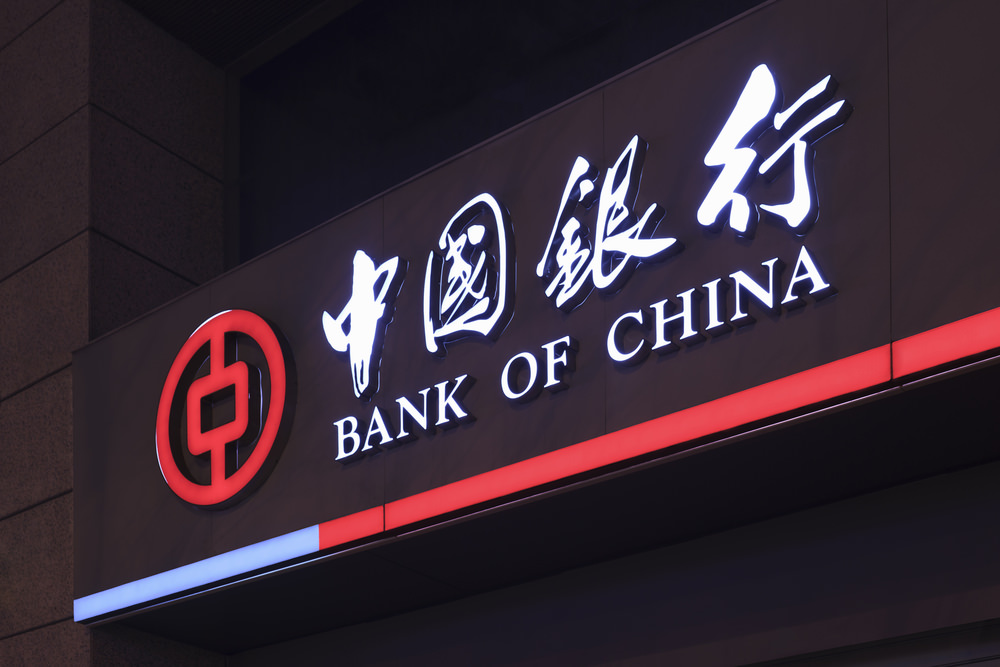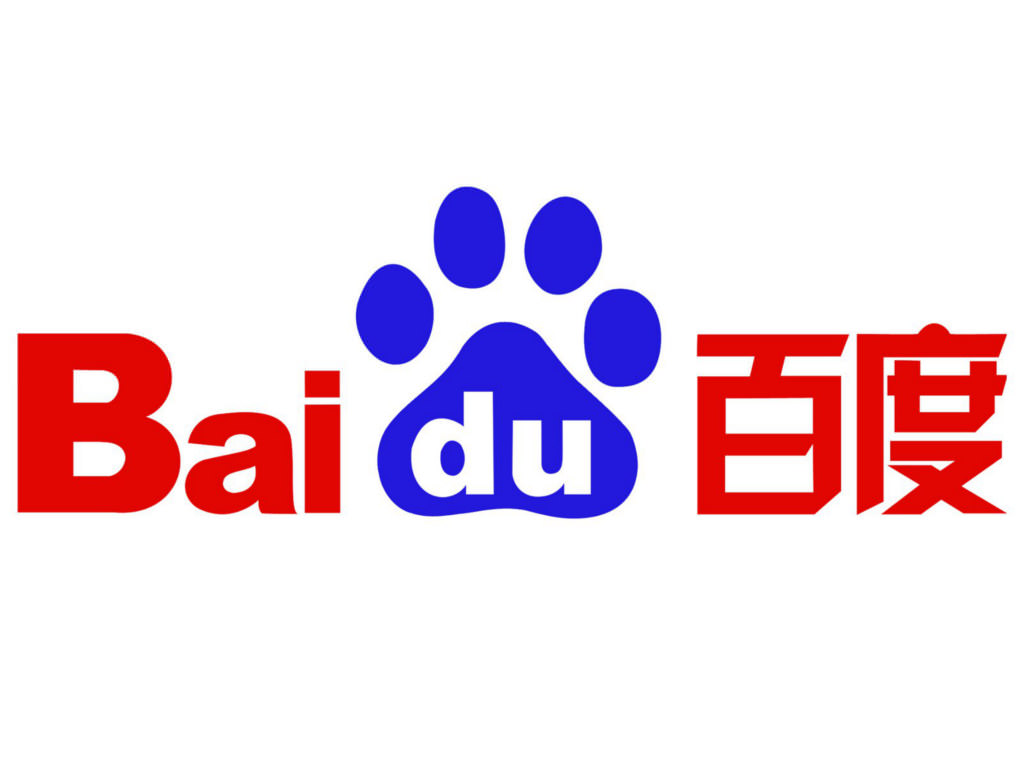
China's Statement on Bitcoin is Open to Interpretation
On 5th December 2013, the Chinese government released their first official statement on bitcoin, declaring, among other things, that it is not a currency.
Many western media outlets have since reported that bitcoin has effectively been banned from real-world use, including its use as a method of exchanging goods and services. These declarations are premature.
The notice places a broad limitation on the types of corporations that can use bitcoin, but its ambiguity leaves much room for interpretation. The truth is that no one can definitively say what is and isn’t allowed at this point.
Nevertheless, in the two weeks since the announcement, bitcoin-related businesses have continued to operate, merchants continue to accept bitcoin, and, in fact, it appears that bitcoin continues to boom in China.
What the notice actually bans
The document titled: “Notice Concerning the Prevention of Risk Related to Bitcoin” which was issued by the People’s Bank of China in conjunction with four other government organizations (the Ministry of Industry and Information Technology, the China Banking Regulatory Commission, the China Securities Regulatory Commission, the China Insurance Regulatory Commission), is more of a risk advisory than full-on regulation.
The only explicit ban in the document pertains to the engagement of financial institutions and payment companies in bitcoin-related businesses.
Further regulation will likely be promulgated as the bitcoin industry matures, but for now, the notice only has one explicit prohibition. Understanding the scope of this provision requires a definition of financial institutions and payment companies, as defined by Chinese law.
What are financial institutions?
Using Baidu Baike’s definition compiled from previous notices, there are four kinds of financial institutions:
1) The central bank, ie the People’s Bank of China.
2) Banks, ie commercial banks, policy-oriented banks (such as China Development Bank), and rural banks.
3) Non-banking financial institutions, ie insurance companies, securities companies, investment banks, credit unions, etc.
4) Foreign-owned, overseas Chinese-owned (including Hong Kong, Macao, etc.) and joint venture financial institutions operating in China.
What are payment companies?

bank China
Payment companies are a separate category of company authorized to process payments (other than financial institutions, which already have this ability).
These payment companies are a new concept in China. The first batch of licenses were granted on 18th May 2011 to a group of 27 companies (including Alipay, the largest payment processor in the world) and they now number around 100.
Besides a stringent list of qualifications that must be met (detailed here, such as requirements on profitability, management experience and years in business), the four types of business activities that define the scope of a payment company are the following:
1) Payments made over a network, including those made over the internet, mobile phones, fixed land lines, digital TVs, etc.
2) Issuance and acceptance of prepaid cards (any cards issued for the purpose of profit by a third-party other than the merchant whose goods or services can be redeemed with such a card).
3) Bank card acceptance (referring to the acceptance of bank-issued cards at point-of-sale).
4) Any other activity deemed to be 'payment' by the People’s Bank of China.
Presently, these are the only two types of businesses prohibited from participating in bitcoin-related businesses.
In fact, in the People’s Bank of China’s explanatory note (top half of this same link), immediately after noting that bitcoin is not a currency and cannot be recognized as such, recognises that:
“Trading bitcoin is tantamount to buying and selling goods on the Internet, and citizens have the freedom to engage in such activities, as long as it is under the premise that they are responsible for their own risk.”
Can merchants accept bitcoin?
Given the background provided above, we can understand why the Chinese bitcoin startup ecosystem, and particularly those companies who avoid directly converting bitcoin into and out of fiat, have breathed a collective sigh of relief.
The ban only applies to the involvement of financial institutions and payment companies, so any peer-to-peer transaction is allowed. Much of the community currently interprets this notice to mean that merchant sales accepting bitcoin for merchandise or services (a sort of bartering) falls under this type of peer-to-peer transaction and is not prohibited by the law.
Indeed, the notice has not prevented companies like yesbtc, founded by an ex-VP from Tencent ($111bn market cap), from operating a platform that allows users to post merchandise for sale to denominate and guarantee those transactions.
Af
ter the release of the notice, yesbtc’s CEO Xin Tang was quoted saying that all bartering services are legal. In addition, numerous independent merchants are adding or or continuing to accept bitcoin as a form of payment.
At the time of writing, there are 320 products listed on Taobao (China’s largest e-commerce platform with transaction volume exceeding $140bn USD annually) that can be purchased with bitcoin.
Typing in 'bitcoin payment' will trigger common search terms as suggested by the Taobao search engine of 'bitcoin payment sale', 'supports bitcoin payment' or 'Can [use] bitcoin to pay'. A search for ‘goods’ yields results ranging from wine to cell phone accessories, cosmetics, luxury bags and sex toys:
Clicking on the first product (above), a red dessert wine produced in China, shows the product description, and more clarification on the payment options available at the bottom of the page.
It specifically notes that:
“The entire store supports payment via bitcoin (BTC). [Orders] executed according to CHBTC (a leading Chinese bitcoin exchange) real-time prices. Order will be shipped after the bitcoin has been transferred to the store owner’s wallet. Can use screenshot as proof of transaction. Trust is of primary importance.”
The mainstream media weighs in
The Chinese media has had a decidedly different tone to its western counterpart. According to a Xinhuanet article (the official press of China) from 8th December, industry insiders note that while bitcoin has not been deemed a currency, two points gave them confidence with respect to the currency’s future development in China.
Firstly, recognizing bitcoin as a type of “Internet good” opens the door for transactions trading bitcoin to be freely conducted. Secondly, the notice did not impose onerous compliance regulations for bitcoin companies, like the regulations previously imposed on issuers of virtual currencies.
Why did Baidu stop taking bitcoin?

baidu bitcoin
A Baidu subsidiary named Jiasule (which provided cloud-based protection services for websites such as DDOS protection) had announced that it would take bitcoin for its services back on 15th October, garnering significant international attention. However, after a notice issued on 6th December, Baidu announced it would stop taking bitcoin.
This was treated by many outside of China as an indication of the government’s so-called “ban” on using bitcoin to trade for goods and services. However, the announcement actually specifies an entirely different reason.
There is no reference to the legality of accepting bitcoin, but instead the fluctuation in price is specifically cited to be the key reason. So while Jiasule’s decision may have been influenced by the notice, their announcement did not specify that they had been banned from accepting bitcoin.
Indeed, the notice highlighted the need to educate the general public about bitcoin. This corresponds with point 5, as made by the government, which called for the public to increase its awareness of and education regarding currencies and investments and their inherent risks.
Additionally, as part of the second-to-last paragraph of the advisory note, the PBOC included cautionary language with regards to responsibility on the part of financial institutions and payment companies in:
“Preventing the use of bitcoin and such virtual goods as a virtual currency concept to excessively promote, and therefore have detrimental effect on the public’s welfare and the status of the renminbi as legal tender.”
Of course, while the PBOC only oversees financial institutions and payment companies, the spirit of the notice is very much against the “excessive promotion” of bitcoin.
There are examples of companies who may have been using bitcoin for promotional purposes without any sort of accompanying educational literature. For example, Jiangsu Telecom (a provincial branch of China Telecom) offered to accept bitcoin for reserving a new model of a Samsung smartphone, an offer which is no longer available.
Meanwhile, ostensibly to comply with the spirit of the notice, Baidu’s subsidiary hao123.com now has its own bitcoin portal, as do Sina and ifeng, both major news portals and publicly listed Chinese companies.
It is noticeably more balanced than previous coverage, with both the bears and bulls getting a fair hearing. The front pages, moreover, include introductory primers to Bitcoin, full of information targeted at beginners.
Commentary from the Chinese community
The Chinese bitcoin community have been actively debating the meaning of the notice. For a more balanced viewpoint, I asked some of the more influential thought leaders for their opinions.
However, both acknowledge that further information from the government is needed to explain how such transactions would be regulated. Until then, both agree that there is “room to play” for bitcoin merchants.
RS, a Shanghai-based Chinese lawyer and bitcoin enthusiast, provided slightly more colour:
“Trading bitcoins for goods or services is treated as barter, which is free of regulatory restrictions so far. Bitcoin is regarded as a tradable commodity in China, so it is legally permissible to trade bitcoins for goods, services or even currency.”
However, he warns that bitcoin exchanges may soon be subject to tougher regulatory enforcement, as the exchange is acting as a financial intermediary.
“For example, one can’t set up an exchange trading ordinary commodities such as metals, even if the metals are lawful commodities.” He explained that exchanges only provide information and match transactions that they are operating within the legal boundaries currently outlined by the government.
Others I spoke to were somewhat more bullish. Prince, another major bitcoin authority, believes that the regulations are overall very positive for the industry, the details of which I cited in an earlier article.
S, one of the owners of Yibite, a bitcoin media operated by a few of the top bitcoin miners and holders in China, was very surprised to hear that there was coverage in the West on the banning of the trading of goods and services using bitcoin.
Not only does the government explicitly recognize the currency as an Internet good and allow for the free trading of it as such between citizens, there is no reason at this early stage in the industry’s development to have any further specific prohibitions.
“The new government’s policy is to let the market decide, and will only put in broad restrictions from a very macro-level, not blindly try to regulate a market in its infancy.”
However, he did go on to say that other government entities such as those overseeing commerce or taxation may come out with their own regulations, which may or may not be detrimental to bitcoin in China.
The most bullish interpretation is on China’s version of Quora, Zhihu. The top-voted answer (since republished by 8btc, no registration required) to the question: “What are the practical implications of the Notice by the Chinese government on Bitcoin?” was by a bitcoiner named Patrick Luo who believed that any private enterprise that facilitated trades of bitcoin between private individuals, or even trades between bitcoin and RMB, is legal.
“Payment services that recharge RMB for exchanges, or allow for cash withdrawal, is still conducting RMB-related business instead of bitcoin business, and should also be legal.”
Meanwhile, business is booming
Despite the drop in price that followed the government’s announcement, Chinese exchanges have not suffered from loss of business.
At the time of writing, here are some of the larger exchanges and their 24-hour volumes, per Hao123.com. There are already six exchanges (BTC China, OKcoin, FXBTC, BTCTrade, Huobi, CHBTC) with 24-hour volume (last column) regularly exceeding 20,000 BTC and CHBTC only 15% less than market leader BTC China.
What now?
So in the aftermath of the Chinese government’s notice, we must take any definitive pronouncements with a pinch of salt.
The only conclusion we can realistically draw at this point is that no one knows what will be the ultimate scope of China’s regulatory stance on bitcoin. Meanwhile, while the notice seems to have reined in some of the fervor, the bitcoin ecosystem in China continues to push forward enthusiastically.
Thanks to Rui Ma for contributing research to this article.
China image via Shutterstock
DISCLOSURE
The leader in news and information on cryptocurrency, digital assets and the future of money, CoinDesk is a media outlet that strives for the highest journalistic standards and abides by a strict set of editorial policies. CoinDesk is an independent operating subsidiary of Digital Currency Group, which invests in cryptocurrencies and blockchain startups. As part of their compensation, certain CoinDesk employees, including editorial employees, may receive exposure to DCG equity in the form of stock appreciation rights, which vest over a multi-year period. CoinDesk journalists are not allowed to purchase stock outright in DCG.

